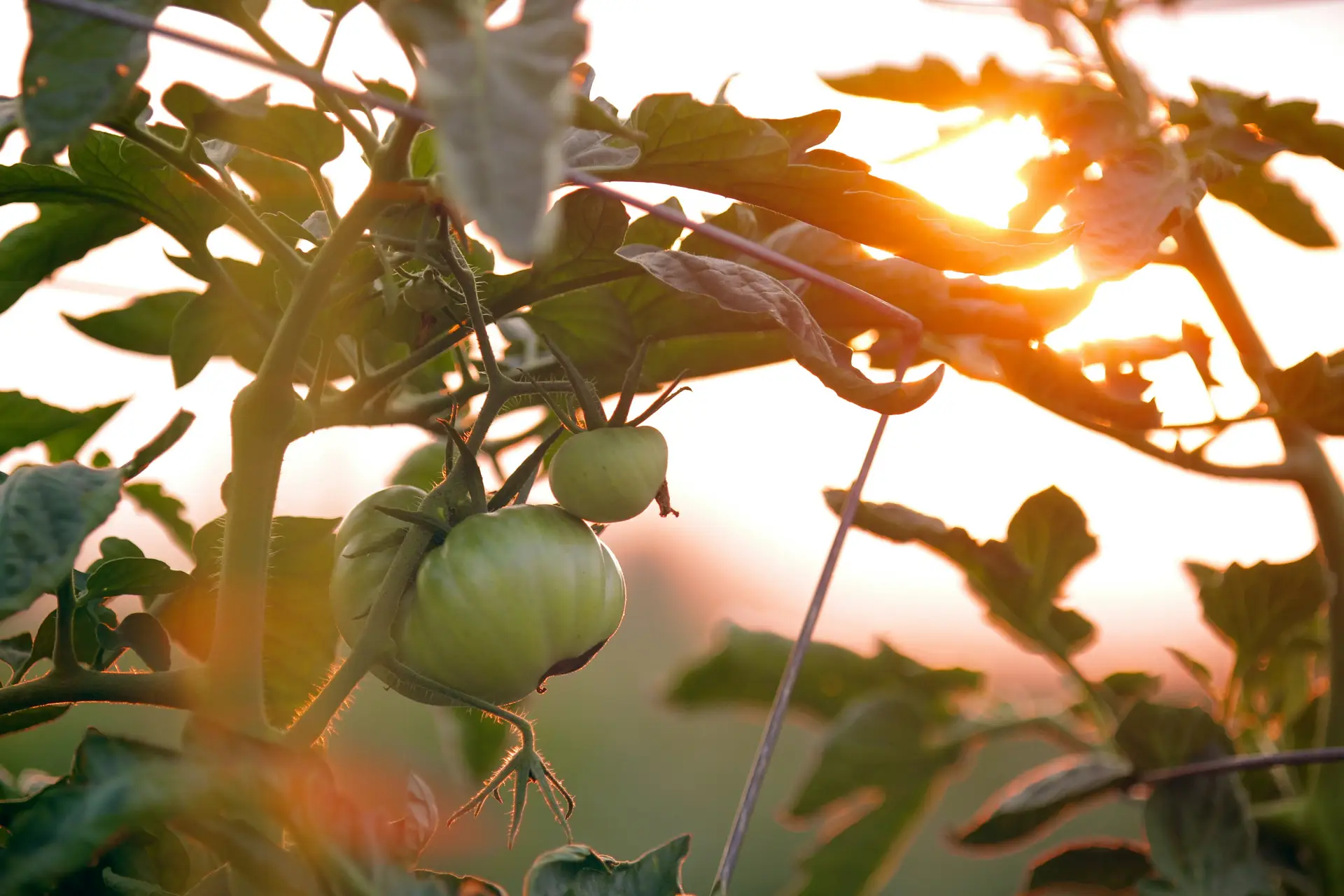Benefits of Growing Your Own Food in a Home Garden
In recent years, the trend of cultivating a home garden has gained significant momentum, as more individuals recognize the benefits of growing their own food. Amidst rising grocery prices, environmental concerns, and health awareness, self-sufficient food sources are appealing to many. Home gardening not only addresses these issues but also offers a plethora of additional advantages. This article explores the main benefits of maintaining a home garden and how it enriches our lives.
Health Benefits of a Home Garden
A. Nutritional Value
Growing produce in a home garden ensures that you have access to fresh, nutrient-dense fruits and vegetables. Home-grown food can be harvested at peak ripeness, providing enhanced flavors and nutritional value. Furthermore, by growing your own food, you gain complete control over what goes into your garden, allowing you to avoid synthetic pesticides and fertilizers that are common in commercial agriculture.
B. Physical Health
Gardening is not just about cultivating food; it's also an excellent form of physical activity. Engaging in gardening tasks such as digging, planting, weeding, and harvesting can burn significant calories while also improving strength and flexibility. Additionally, spending time outdoors enhances physical health and can improve vitamin D levels, promoting overall well-being.
C. Mental Well-Being
Gardening has been shown to provide substantial mental health benefits. The act of nurturing plants can relieve stress, reduce anxiety, and even alleviate symptoms of depression. Being involved in gardening activities allows for mindfulness practices, enabling individuals to disconnect from the hustle and bustle of everyday life and engage in therapeutic cultivation.
Economic Advantages
A. Cost Savings
One of the most immediate benefits of a home garden is the potential reduction in grocery bills. By growing your own vegetables and herbs, you can significantly decrease your reliance on store-bought produce. Additionally, maintaining a home garden often leads to less dependence on processed foods, which are generally more expensive and less healthy.
B. Increased Property Value
A well-maintained garden enhances the aesthetic appeal of a home, which can be a significant asset when it comes to selling a property. As urban gardening becomes more popular, homes with gardens are often more attractive to potential buyers, potentially increasing the property's market value.
C. Potential for Revenue Generation
With the surplus produce cultivated in a home garden, there are options for financial benefit as well. Home gardeners can sell excess fruits, vegetables, and herbs at local farmers' markets or even start certain small-scale enterprises aimed at supplying local restaurants with fresh ingredients, tapping into the farm-to-table movement.
Environmental Impact
A. Reduction of Carbon Footprint
 One of the encouraging environmental benefits of a home garden is its potential to lower your carbon footprint. Home-grown food eliminates the need for transportation from farm to table, thus reducing transportation emissions. Sustainable gardening practices, such as composting and organic gardening, further contribute to environmental health by minimizing waste and chemical usage.
One of the encouraging environmental benefits of a home garden is its potential to lower your carbon footprint. Home-grown food eliminates the need for transportation from farm to table, thus reducing transportation emissions. Sustainable gardening practices, such as composting and organic gardening, further contribute to environmental health by minimizing waste and chemical usage.
B. Biodiversity and Ecosystem Support
Home gardens play a crucial role in supporting local biodiversity. By planting a variety of crops, homeowners can attract pollinators like bees and butterflies, as well as support local wildlife. Additionally, healthy home gardens contribute to soil health, which is essential for land restoration and overall ecosystem vitality.
C. Water Conservation Practices
Home gardeners can implement water conservation techniques like rainwater harvesting systems. Efficient watering methods, such as drip irrigation, minimize water waste, ensuring that gardens flourish even in periods of drought while being mindful of resource consumption.
Educational Opportunities
A. Learning About Food Production
Home gardening provides an excellent opportunity to learn about food production, from understanding plant growth cycles to practicing sustainable gardening techniques. It fosters a deeper appreciation for where food comes from and the work involved in its cultivation.
B. Family Engagement
Gardening can become a wonderful family activity. It offers opportunities for parents to teach children about nutrition, ecology, and the importance of sustainable practices. Working together in the garden fosters family bonding and reinforces shared values regarding health and environmental stewardship.
C. Community Involvement
Joining local gardening clubs or co-ops can enhance your gardening experience, allowing individuals to share knowledge, resources, and produce with neighbors. Engaging with the community through gardening can foster connections and inspire collaborative projects that benefit everyone involved.
Personal Satisfaction and Connection to Nature
A. Sense of Accomplishment
The process of nurturing plants and eventually harvesting produce brings immense personal satisfaction. Seeing the transformation from seed to table creates a sense of pride and a meaningful connection to the food you consume.
B. Connection to Natural Cycles
Gardening offers a deepened awareness of natural cycles and seasonal changes. This connection to nature fosters mindfulness and gratitude, encouraging individuals to appreciate the rhythms of life that are often overlooked in a fast-paced world.
C. Fostering Creativity
A home garden provides limitless opportunities for creativity, from designing the layout to experimenting with different plant varieties. It can also serve as a canvas for artistic expression, allowing gardeners to beautify their space and create a personal sanctuary.
Embracing the Benefits of Home Gardening
Maintaining a home garden offers a myriad of benefits, from health and economic gains to environmental impacts and personal satisfaction. It empowers individuals to become more self-sufficient, encourages healthier lifestyles, and fosters a meaningful connection to nature. For anyone considering beginning their gardening journey, there is no time like the present to start reaping these rewards.
Getting Started with Your Home Garden
If you're thinking about starting your own home garden, consider beginning with beginner-friendly plants such as tomatoes, lettuce, and herbs like basil or cilantro. These crops are relatively easy to grow and can thrive in smaller spaces. Additionally, look for recommended resources, such as gardening books or local classes, that can guide you as you embark on this enriching endeavor. Happy gardening!




